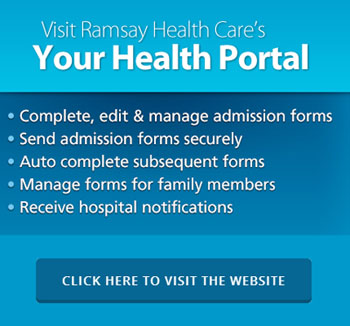Anaesthesia information
Anaesthesia is a stage induced by drugs where a patient is insensible to pain. To produce this state, consciousness may be lost (general anaesthesia) or part of the body may be numbed (local or regional anaesthesia). A range of modern drugs and techniques are used by the anaesthetist to suit each individual patient and the operation involved. Some drugs can be injected into a vein and others are breathed as gases or vapours into the lungs along with oxygen.
Local anaesthetics can be injected into the skin or nerves to numb a certain region to be operated on and can be combined with sedation or general anaesthesia.
PRE-ANAESTHETIC INSTRUCTIONS
FOOD & DRINK
– Do not drink alcohol the day before or the day of your operation.
For morning operation – No food after midnight of the night before.
You may drink water until 4am on the day of surgery.
For afternoon operation – Light breakfast (i.e. tea and toast) before 7.00am.
You may drink water until 10.00am on the day of surgery.
MEDICATION
Bring your normal daily medications to hospital with you.
If you are taking regular medication you should take your morning
dose with a sip of water when you first wake up.
EXCEPT – Anti-diabetic tables
EXCEPT – Aspirin containing medication
THESE SHOULD NOT BE TAKEN
If you are on insulin, special arrangements are needed and you will
need to consult with the Surgeon before the date of operation.
At hospital, the nursing staff and your Anaesthetist will need details of:
1. Allergies to medications 2. History of previous operations
3. Medication you are taking 4. Any sickness or medical problems.
If you develop a cold or flu before the date of operation, please contact your surgeon as
another date may need to be arranged.
If you have any particular problems which you wish to discuss with your anaesthetist,
please ask your surgeon to refer you for a consultation.


